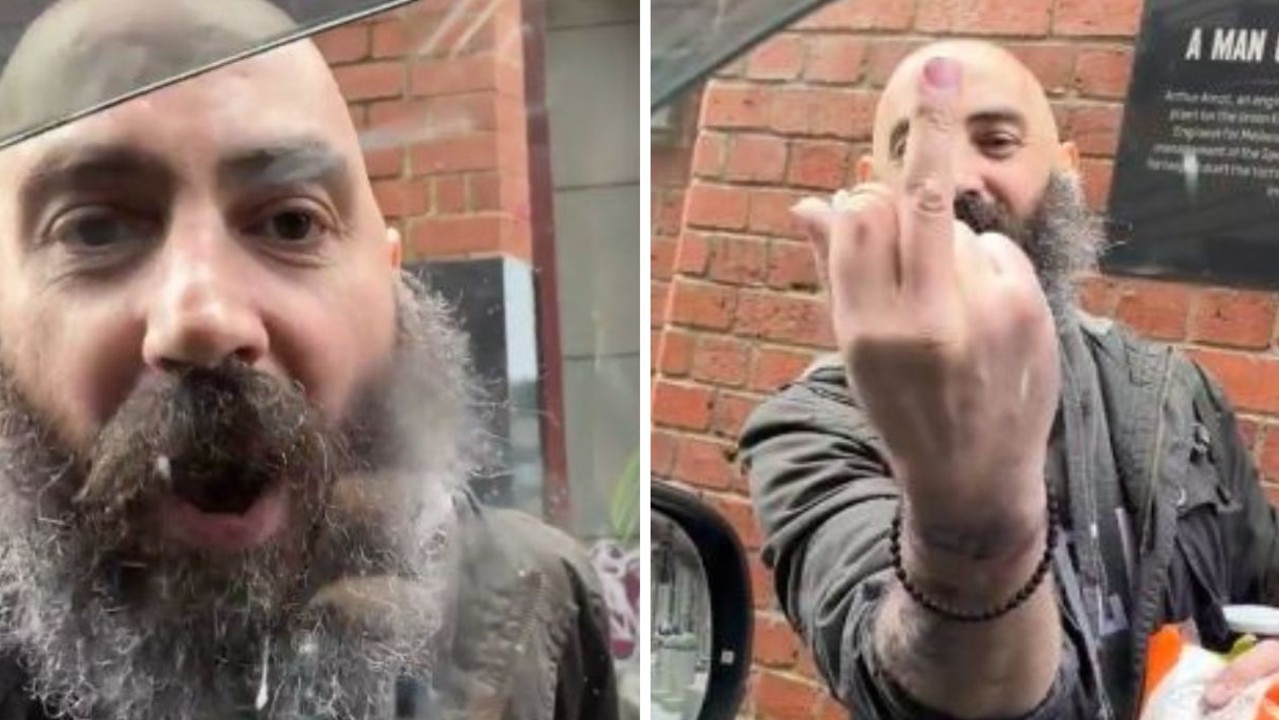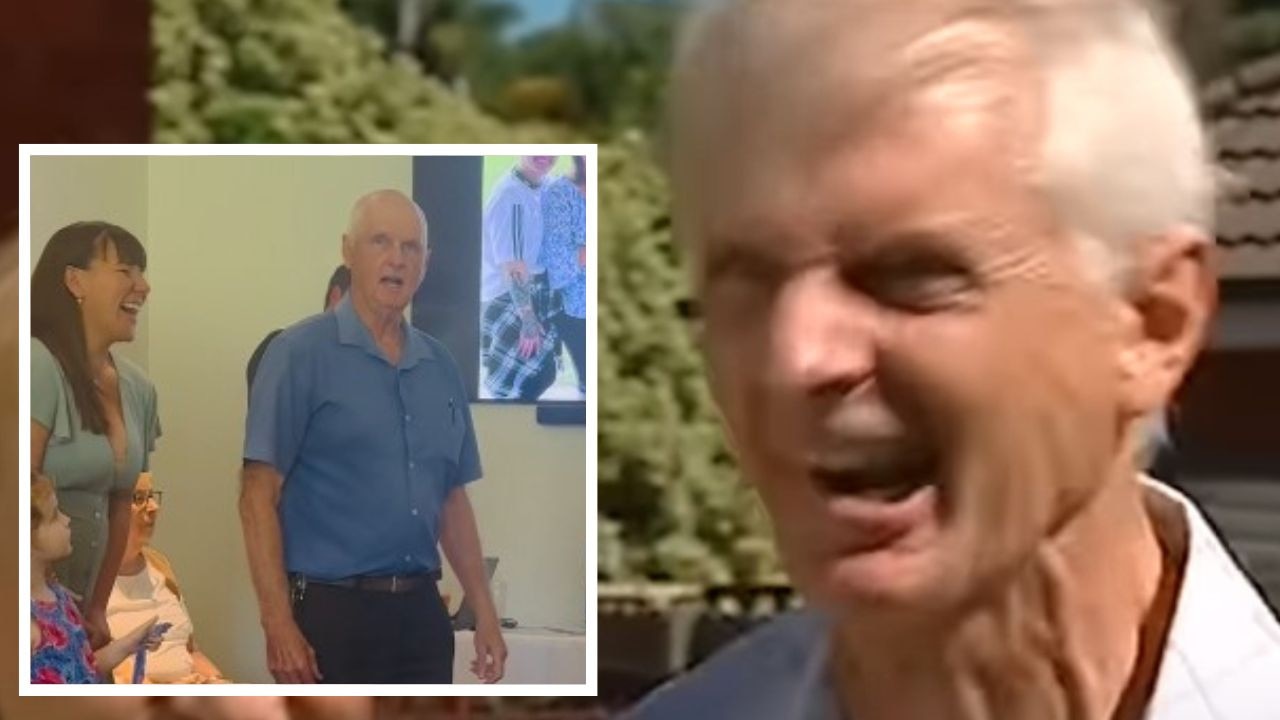Human Rights Watch World Report 2016: Australia criticised
WE MAY think we’re “young and free”, but we have copped a stinging rebuke from an influential report for failing to meet global standards.

WE MAY be a nation that considers itself “young and free”, but when it comes to meeting world human rights standards, the country is far from Advance Australia Fair.
In fact, Australia has been issued with a stinging rebuke for failing in many areas including indigenous health, disability rights and foreign policy, not to mention the introduction of tough new counter-terror laws.
That’s the verdict of a damning Human Rights Watch report which also slammed our “appalling” treatment of refugees and asylum seekers.
The 659-page World Report 2016 Human Rights Watch reviewed practices in more than 90 countries — and, not surprisingly, Australia got a chapter.
It heavily criticised Australia’s new counter-terrorism laws and its approach to asylum seekers and refugees. Also mentioned was the country’s record on indigenous and disabled rights, same-sex marriage and foreign policy.
The deputy director of Human Rights Watch’s Asia division, Phil Robertson told news.com.au that the country’s international reputation was already suffering.
“Already throughout southeast Asia countries I cover, we’re seeing diplomats from North America and Europe looking askance at Australia, and questioning whether human rights are any longer an integral part of Canberra’s foreign policy,” he said.
“At meetings in diplomatic circles in Bangkok, Kuala Lumpur, Phnom Penh, Hanoi and elsewhere, mention of Australia’s foreign policy and human rights now brings a dropping of the eyes and shaking of heads in diplomatic circles.”
Mr Robertson said the new counter-terrorism laws meant the average Australian would not be able to learn what the government was doing in terms of intelligence operations because revealing those details could result in long prison terms.
“How will he be able to argue ‘I have nothing to hide’ when he doesn’t even know what the Australian government is looking for?,” he said.
“This is a slippery slope to greater secrecy that is the enemy of good, accountable governance and respect for human rights.”
HRW Executive Director Kenneth Roth said the spread of terrorist attacks beyond the Middle East and the huge flows of refugees spawned by repression and conflict led many governments to curtail rights in misguided efforts to protect their security.
Australia was not immune.
Asia director at Human Rights Watch Brad Adams said Australia had much to learn from the report’s release.
“Despite the international outcry over its refugee policies, Australia did little to redeem its reputation in 2015,” Mr Adams said.
“Australia needs to seriously rethink its abusive refugee policies and take steps to restore its international standing as a rights-respecting country.
“Measures such as stripping citizenship from dual nationals without basic legal safeguards are
major steps backwards for Australia,” Mr Adams said.
He also added while Australia’s Human Rights Council candidacy provided an opportunity to influence global and regional players to promote respect for human rights, until Australia addressed its domestic human rights record our leaders were undermining their ability to call for stronger rights protections abroad.”
“While Australia has a responsibility to protect those on its soil from harm, it shouldn’t be undermining respect for basic rights and staining its international reputation.”
The 2016 report praised Australia for its “solid record of protecting civil and political rights”, however there was much criticism levelled in other areas.
Here’s where we are failing:

COUNTER TERROR LAWS:
Australia’s adoption of extensive and overly broad new counter-terrorism laws in response to a home grown threat were heavily criticised in the report.
In particular, the amendments to the Australian Security Intelligence Organisation (ASIO) act in October 2014 which criminalises disclosure of information “that relates to a
special intelligence operation” punishable by 5-10 years in jail is particularly dangerous to whistle blowers, journalists and human rights activists, the report claims.
Furthermore the government’s passing of the Telecommunications Amendment Bill, which requires telcos to retain metadata for two years so intelligence agencies can access it
also drew HRW rebuke for impinging on basic human rights.
And the June introduction of the Australian Citizenship Amendment (Allegiance to Australia) bill, which provides that dual citizens who act in a manner “contrary to their
allegiance to Australia” including engaging in or supporting terrorist activities will be stripped of their citizenship.
Of more concern, HRW writes, is the fact it can be extended to children as young as 14.
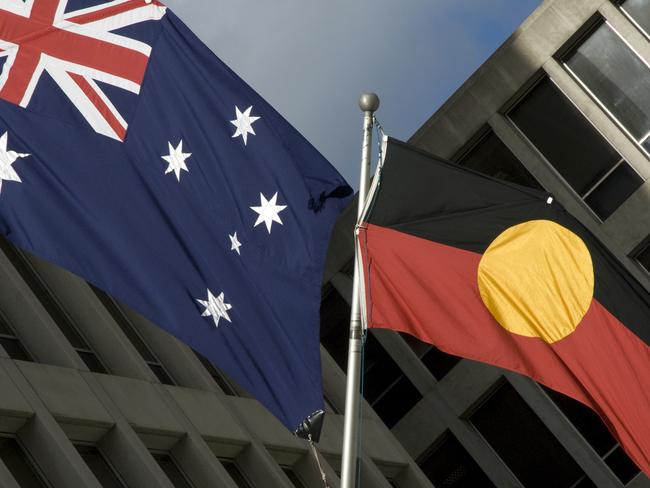
INDIGENOUS RIGHTS:
The report notes slight improvement in indigenous health and education but criticises the disproportionate levels of indigenous people in jail.
It also slammed the progress of closing the gap between life expectancy with indigenous people living on average 10-12 years less than non-indigenous people.
The Northern Territory’s “paperless arrest” powers that allow police to detain people for up for four hours for minor offences also drew concern from the human rights group.
Indigenous children in custody was also highlighted as an area of concern with youths subjected to cramped conditions for days at a time as well as excessive force.
In one case six children were subjected to tear gas before being hooded and handcuffed and temporarily moved to an adult prison over a disturbance at a Darwin juvenile detention
centre, despite two of the children not even taking part, the report claims.
DISABILITY RIGHTS:
The report drew particular attention to the ongoing high rate of violence women and girls with a disability were continuing to be subjected to, particularly in institutions where some were coerced into sterilisation and forced psychiatric interventions.
It also criticised the fact that those with a disability were over-represented in the prison population with less access to justice services, as well as a lack of community-based independent living arrangements and support services for people with disabilities in general.
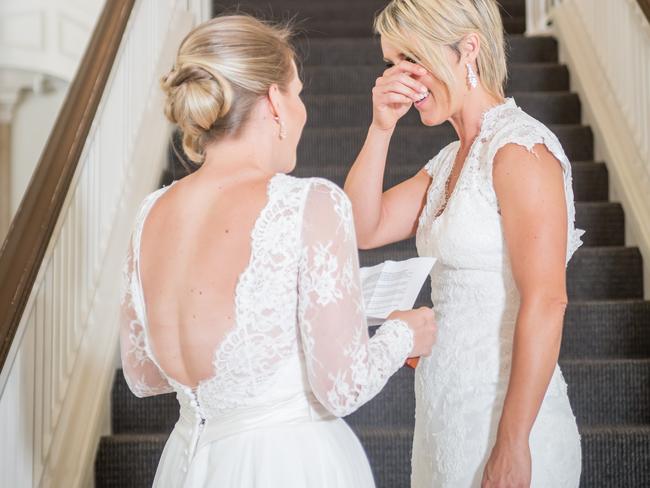
SEXUAL ORIENTATION:
Australia’s lack of same sex marriage laws and rights were also raised in the report.
The report noted Australia failed to recognise the right of same sex couples to marry, despite increasing public support for it to take place and some parliamentarians pushing for a plebiscite or referendum on the issue.
FOREIGN POLICY:
Australia’s record on raising rights abuses with other nations was also cited with the report pointing out it “rarely raised concerns publicly about human rights violations in countries which it cooperates on border protection matters, or in countries with which it has a significant trade relationship.”
While the report noted the government’s attempts to halt the executions of Bali Nine due Andrew Chan and Myuran Sukumaran for drug trafficking, other issues with Indonesia had gone unchecked.
Last year, Australia announced its candidacy for a seat on the UN Human Rights Council in Geneva for the 2018-20 term.
However, Australia has had a mixed record with its observer status taking action on some issues but not playing a key role “on grave country situations globally”, as well as dismissing UN concerns about its own human rights record.
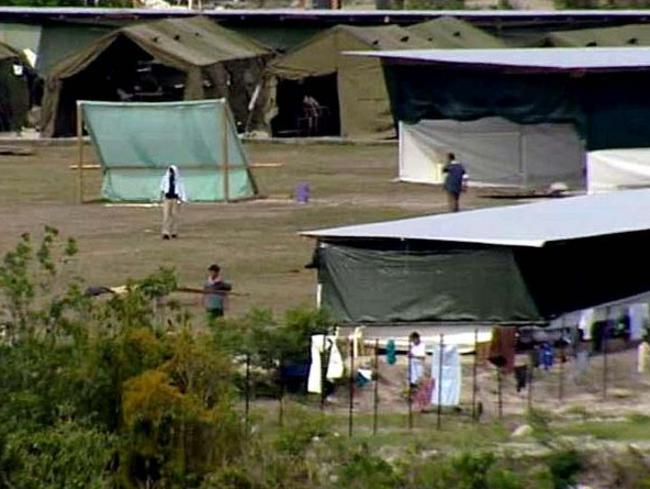
ASYLUM SEEKERS AND REFUGEES:
Australia got a big F for failure when it came to its asylum seeker and refugee policy.
According to the HRW report, not only does Australia outsource its obligations to poorer and less-equipped nations such as Papua New Guinea and Nauru, but the government has
also maintained a ‘turn back the boats’ policy.
The report also shines the spotlight on the claim that Australian officials paid people smugglers $30,000 to turn a boat back to Indonesia, and criticises the time it takes to
resettle those refugees in detention centres.
According to the report as of October last year, more 929 asylum seekers and refugees were detained on Manus Island while 621 remained in Nauru, yet three years after
Australia started sending asylum seekers off shore, not a single one had been resettled.
It also highlighted stinging claims of rape and sexual abuse while noting a parliamentary senate inquiry found conditions on Nauru were “not adequate or safe” and noted the
continuing detention of children.
A new law passed in May, the Australia Border Force act, which made it a crime for anyone who works directly or indirectly for the Department of Immigration and Border
Protection, was also a cause for concern, the report reveals.



